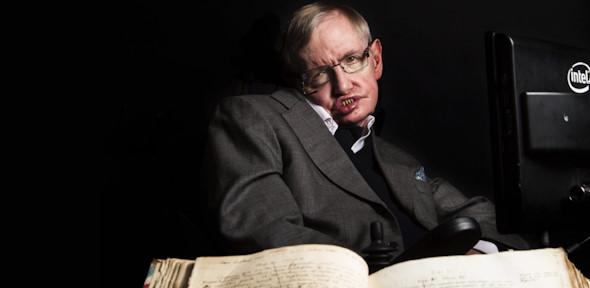
2.00–5.30pm, Thursday 28 November 2024
Hopkinson Lecture Theatre, New Museums Site
University of Cambridge
Stephen Hawking's key result, the evaporation of black holes, celebrates its 50th anniversary this year. This year his Archive has also become available to the scholarly community, transferred to the Cambridge University Archives. Hawking and the effect named after him, as key figure and result of twentieth century physics, have now become the subject of historical study. At the same time, the effect's notorious corollary, known as the information paradox, has become a focal point in philosophical debate on modern physics, and has remained a key element in studies of quantum gravity by today's physicists. Finally, astronomers are now ever more concretely imagining ways to actually observe the notoriously elusive effect named after Stephen Hawking, and first proposed in Cambridge fifty years ago. This workshop draws together archivists, historians, physicists and astrophysicists to consider the history and future of the Hawking effect.
2.00–2.20
Katrina Dean (University of Cambridge)
The Stephen Hawking Papers at the Cambridge University Library Archives
2.20–3.20
Jeroen van Dongen (University of Amsterdam) and Klaas Landsman (Radboud University)
Hawking and the history of black hole evaporation
3.20–3.50
Tea (Department of History and Philosophy of Science)
3.50–4.20
Aron Wall (University of Cambridge)
Some like it hot, some like it cold: why the Hawking info puzzle still isn't old
4.20–4.50
Ziri Younsi (University College London)
Prospects for detecting Hawking radiation through astrophysical observations
4.50–5.00
Short break
5.00–5.30
General discussion
